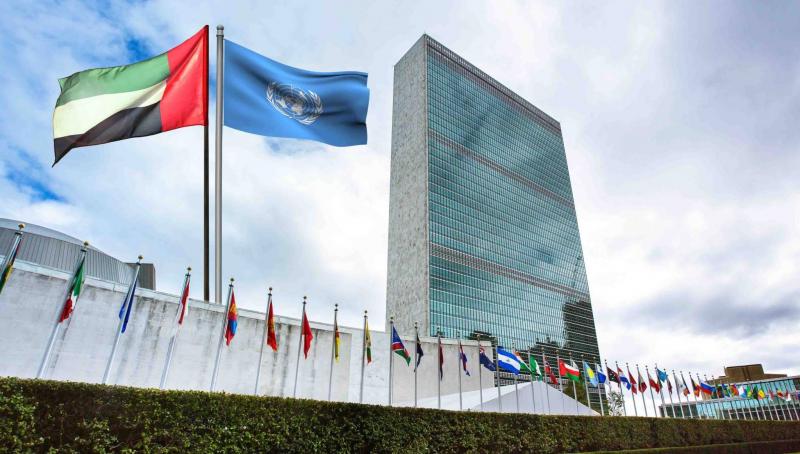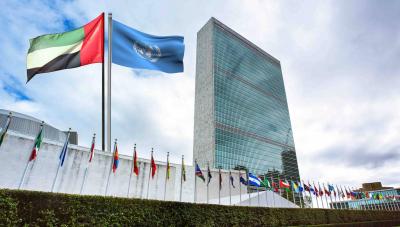A vote in the UN Security Council on a bid to increase aid for the Gaza Strip has been postponed for another day until today, Friday, despite the fact that the United States, Israel's ally with veto power, was able to make the requested amendments and said it can now support the proposal. With more than ten weeks having passed since the start of the Israeli military campaign in Gaza, the revised draft resolution no longer undermines Israel's control over all aid delivered to 2.3 million people in the enclave. Israel monitors the limited aid entering Gaza through the Rafah and Kerem Shalom crossings.
After nearly two weeks of negotiations and several days of postponed voting, an agreement was reached late yesterday with the United States that may allow the adoption of the proposal drafted by the United Arab Emirates. U.S. Ambassador to the UN Linda Thomas-Greenfield told reporters, "This is a decision we can support," but she declined to specify whether that meant the U.S. would vote in favor or abstain, which would allow the resolution to pass.
However, diplomats said the vote was postponed until today after Russia, which also holds veto power, and other council members complained during a closed meeting about the amendments made to appease Washington. Russian Ambassador to the UN Vasily Nebenzya did not speak to reporters after the meeting.
One of the main points of contention for the United States was a proposal from UN Secretary-General Antonio Guterres to establish a monitoring mechanism in Gaza "for the exclusive oversight of all humanitarian relief shipments to Gaza coming through land, sea, and air routes" from countries not involved in the war. Instead, the amended draft resolution asks Guterres to appoint a senior humanitarian coordinator for the affairs of humanitarian assistance and reconstruction to create a UN mechanism to expedite aid to Gaza through non-belligerent nations. The coordinator would also be responsible for "facilitating, coordinating, monitoring, and verifying in Gaza, as appropriate, the humanitarian nature" of all assistance.
The initial draft resolution called for Israel and Hamas to allow and facilitate "the use of all land, sea, and air routes leading to and throughout the Gaza Strip" for delivering aid. This was amended to "all available routes." Some diplomats said this allows Israel to retain control over aid access.
Diplomats also noted that the United States was concerned about a reference in the draft resolution to a ceasefire. The U.S. and Israel oppose a ceasefire as they believe it would only benefit Hamas. Instead, Washington supports a temporary halt in fighting to protect civilians and secure the release of hostages held by Hamas. The draft resolution has now softened from the language calling on the council to urge "urgent steps to allow immediate safe and unhindered access for humanitarian assistance, as well as to create conditions for a sustainable cessation of hostilities."
The U.S. has shielded its ally Israel from any action at the UN and has already used its veto power twice against motions in the Security Council since the attack by Hamas on October 7, which Israel claims resulted in the deaths of 1,200 people and the abduction of 240 hostages. Subsequently, Israel launched a bombing campaign on the Gaza Strip, tightened its blockade, and conducted a ground assault. Nearly 20,000 Palestinians have been killed, according to health officials in Gaza.




